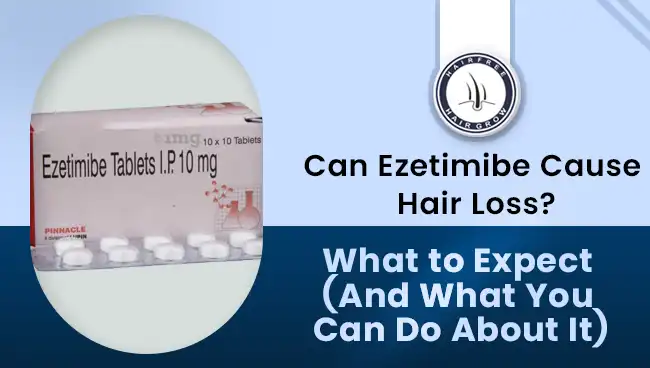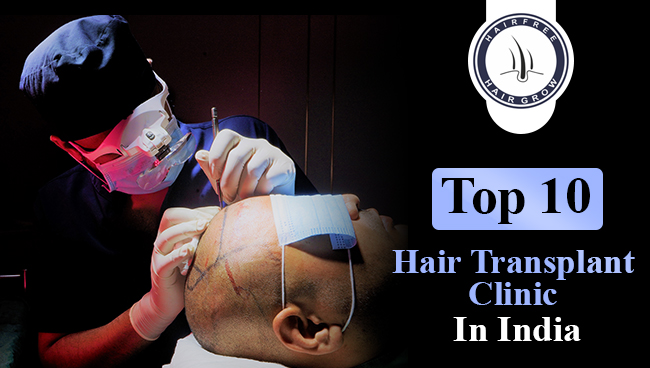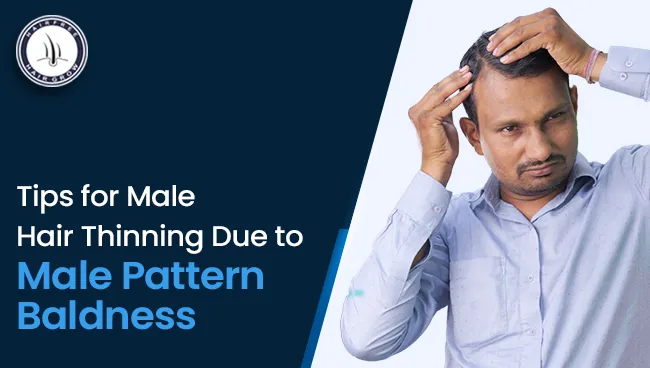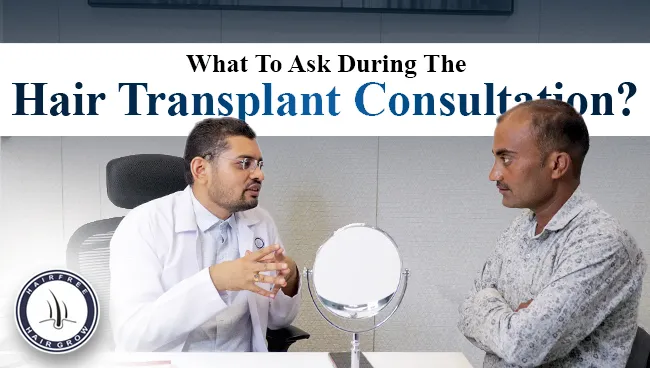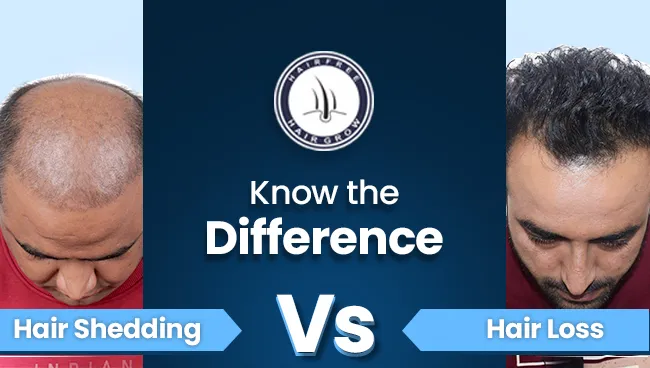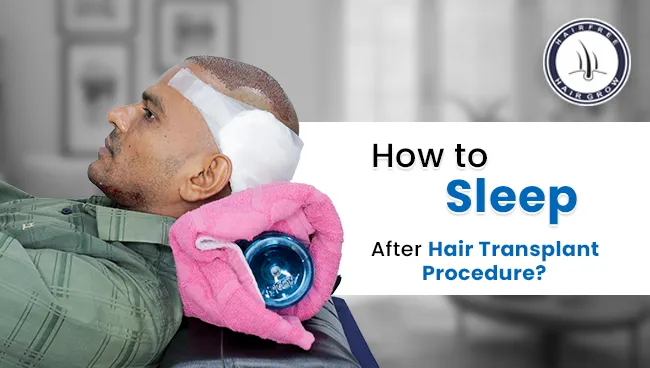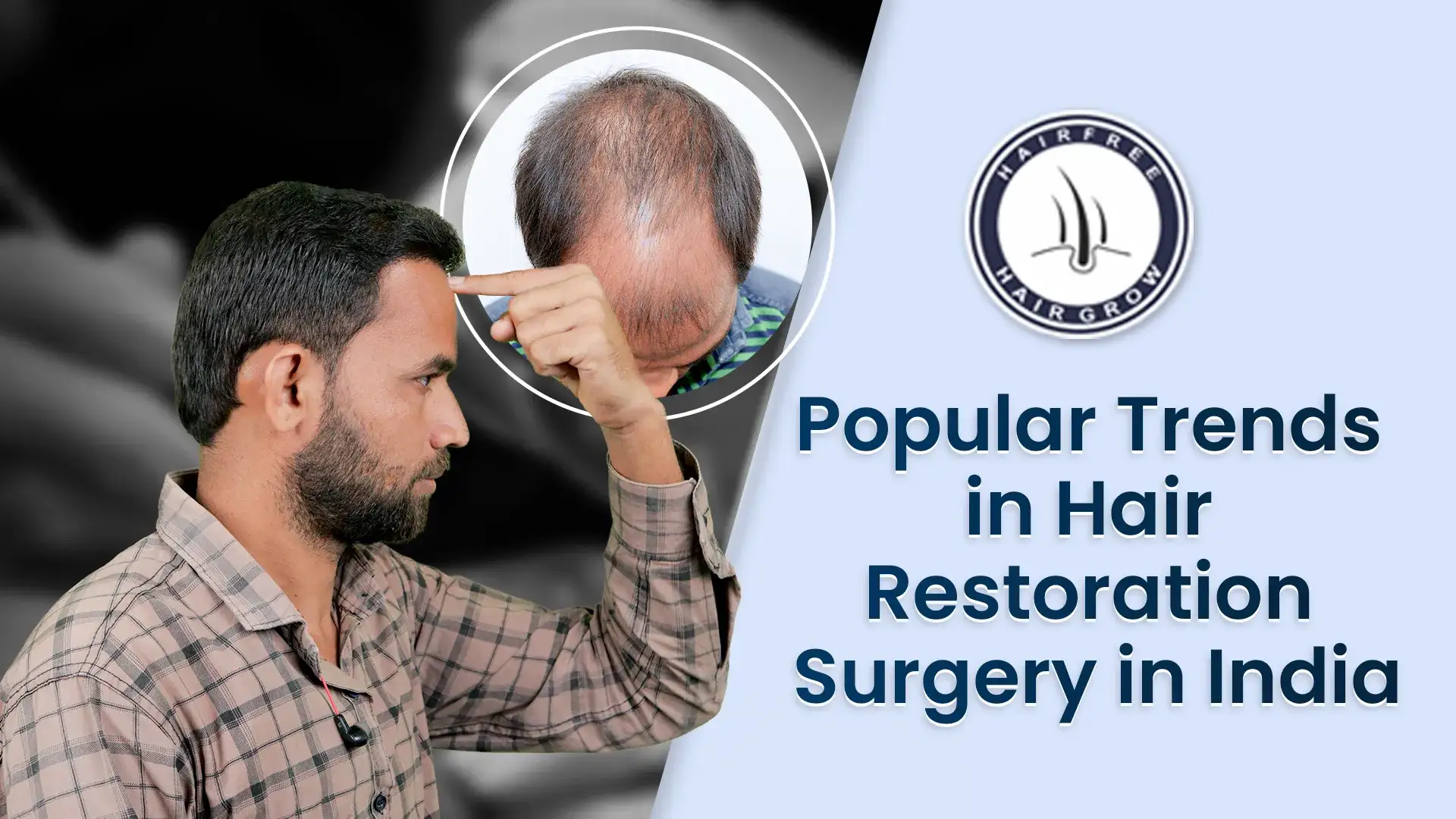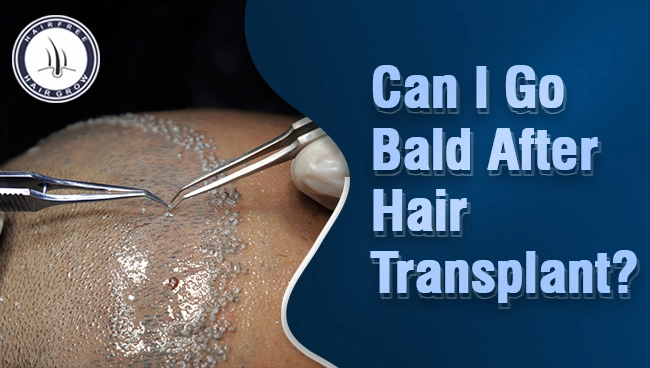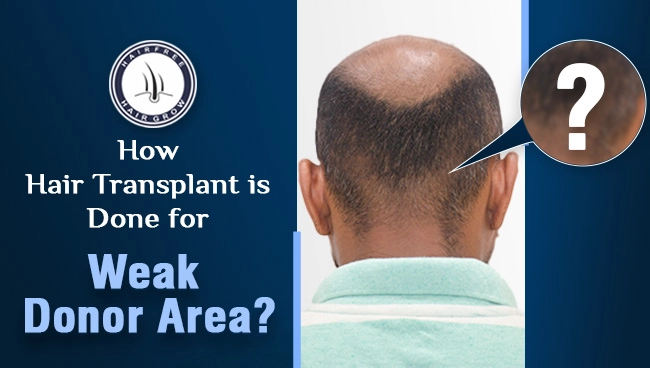Yes, ezetimibe can rarely cause hair loss, especially when taken with statins. If you notice unusual hair shedding, consult your doctor.
If you’ve recently started taking ezetimibe to lower your cholesterol and your hairbrush is suddenly looking fuller than usual (and not in a good way), you’re not alone. Hair loss can be deeply distressing, and when it’s possibly triggered by medication, it’s even more frustrating.
In this article, we’ll explore:
- Why ezetimibe might cause hair loss
- How to identify if your hair loss is medication-related
- Treatment options (including hair transplant solutions)
- What to expect on your journey to hair recovery
Let’s dig deeper.
What is Ezetimibe and How Does It Work?
Ezetimibe (brand name: Zetia) is a cholesterol-lowering drug used to reduce “bad” LDL cholesterol. Unlike statins, which act in the liver, ezetimibe works in the intestines by blocking cholesterol absorption from food.
It’s often prescribed with statins when cholesterol levels are high and hard to control with lifestyle changes alone.
Can Ezetimibe Cause Hair Loss?
While ezetimibe is generally well-tolerated, hair loss is a possible, though rare, side effect. Here’s why it might happen:
1. Nutrient Disruption
Ezetimibe might interfere with the absorption of fat-soluble vitamins like vitamin D and E, which are important for healthy hair.
2. Combination with Statins
Many people take ezetimibe along with statins, which can cause hair thinning in rare cases. This makes it hard to identify the exact cause.
3. Individual Sensitivity
Not everyone’s body responds the same. Some people may be genetically predisposed to medication-triggered hair loss.
Other Common Causes of Hair Loss
Even if ezetimibe started your hair shedding, multiple other factors may be making it worse:
- Genetics (androgenetic alopecia)
- Thyroid imbalance
- Low iron, zinc, or biotin
- Chronic stress or illness
- Recent surgery or weight loss
That’s why getting a proper diagnosis is key.
How to Tell if Ezetimibe is Causing Your Hair Loss
Look for these clues:
Timeline
Hair loss due to medication typically starts 1–3 months after starting the drug.
Type of Shedding
You might notice diffuse thinning rather than patchy bald spots.
Bloodwork is Normal
If your blood tests don’t show vitamin deficiencies or thyroid issues, your meds may be the likely trigger.
What You Can Do About It
1. Consult Your Doctor
Never stop taking ezetimibe abruptly. Your doctor may:
- Adjust your dosage
- Recommend alternative medications
- Suggest hair-supporting supplements
2. Hair Growth Treatments
- Minoxidil (Rogaine): Boosts hair growth when used consistently
- Finasteride (for men): Reduces DHT, a hormone linked to hair loss
- Nutritional Support: Iron, zinc, B12, biotin, and protein
3. Lifestyle & Scalp Care
- Avoid heat styling
- Use gentle, sulfate-free shampoos
- Try scalp massages and essential oils
When Hair Loss Becomes Permanent: Consider a Hair Transplant
If the hair loss caused by ezetimibe or other factors becomes permanent, a hair transplant can be a reliable solution.
Why Choose a Hair Transplant?
- Natural-looking results using your own hair
- Permanent fix—transplanted hair won’t fall out again
- Restores confidence and self-esteem
It’s a great option when:
- You’ve experienced long-term thinning
- Other treatments haven’t worked
- You want visible, lasting results
Final Thoughts
While ezetimibe-induced hair loss is rare, it’s real for some people. If you’re seeing more shedding than usual after starting the medication, don’t panic—but don’t ignore it either.
Talk to your doctor
Explore non-surgical treatments
And if needed, consider a hair transplant for a long-lasting solution.
Looking for a Hair Loss Solution?
If ezetimibe or any other factor has triggered your hair loss, you don’t have to live with it.
Book your consultation with Hairfree & Hairgrow Clinic—India’s trusted name in hair restoration since 2005.
With expert doctors, advanced techniques, and personalized care, we help you regain not just your hair, but also your confidence.
- 12+ branches across India
- 15,000+ satisfied patients
- 100% safe and result-driven solutions
Call now or visit www.hairfreehairgrow.com to take your first step toward thicker, healthier hair today!
FAQs
1. Can ezetimibe alone cause hair loss, or is it only when combined with statins?
Ezetimibe alone has rarely been linked to hair loss, but the risk may increase when combined with statins like atorvastatin or simvastatin.
2. How soon after starting ezetimibe can hair loss begin?
Hair shedding may begin within 1 to 3 months of starting the medication, especially if your body reacts sensitively.
3. Will my hair grow back if I stop taking ezetimibe?
In many cases, hair regrowth is possible after stopping the medication—especially if the shedding was temporary (telogen effluvium).
4. How can I tell if my hair loss is due to ezetimibe or something else?
A dermatologist can help determine the cause through scalp exams, history of medication use, and lab tests to rule out other conditions.
5. Is a hair transplant a good option if I’ve lost hair due to ezetimibe?
Yes, if the hair loss becomes permanent or does not improve after stopping the drug, a hair transplant can offer a long-term, natural-looking solution.
Written By
MBBS, DVD (Skin & VD)
Dr. Ankit Jain is a trusted hair specialist known for his insights on medication-related hair loss. With deep expertise in the topic Can Ezetimibe Cause Hair Loss, he guides patients in identifying causes and finding effective solutions to restore healthy hair.
Disclaimer
We’ve made all possible efforts to ensure that the information provided here is accurate, up-to-date and complete, however, it should not be treated as a substitute for professional medical advice, diagnosis or treatment. See Detailed Disclaimers Here.

